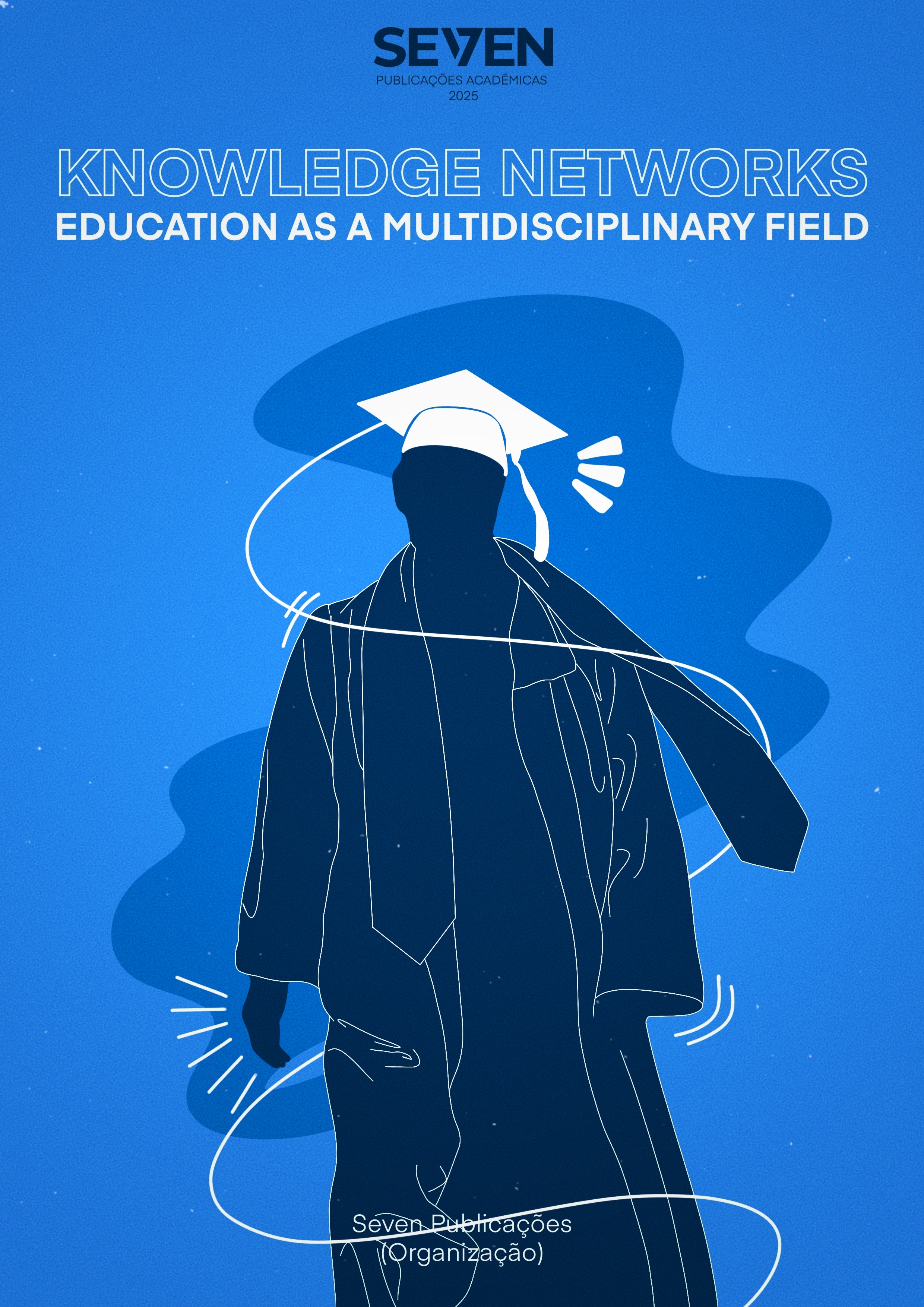ANALYSIS OF OBSTACLES AND PEDAGOGICAL STRATEGIES FOR INCLUSIVE EDUCATION OF MIDDLE-AGED AND ELDERLY STUDENTS IN DISTANCE LEARNING HIGHER EDUCATION
Keywords:
Higher Education, Online Learning, Seniors and TechnologyAbstract
Introduction: Professionals who began their professional careers in the 1980s and 1990s face a continuous process of labor market transformation, marked by the rapid obsolescence of skills and exclusion from traditional sectors. Resuming studies, especially in higher education, has become a necessity to adapt to new professional demands. Objective: To identify, through an integrative literature review, the main challenges and strategies for the integration of individuals over 45 years of age into higher education through distance learning, with an emphasis on digital inclusion. Methodology: Integrative literature review. The study protocol was previously registered on the PROSPERO (International Prospective Register of Systematic Reviews) platform under number CRD420251055456. Available athttps://www.crd.york.ac.uk/PROSPERO/view/CRD420251055456. Searches were conducted in PubMed, SciELO, and Google Scholar, selecting studies published between 2015 and 2025. Inclusion criteria included research on distance learning higher education, aging, and digital inclusion. After screening and eligibility analysis, six studies were included, with qualitative thematic analysis. Results: Balancing studies, work, and family is a recurring challenge. Distance learning emerges as a viable alternative, expanding access, but it does not eliminate barriers. The lack of digital skills, the lack of ongoing pedagogical support, and the lack of adaptive platforms hinder retention and the successful completion of online courses. The literature highlights the need for investment in public policies focused on digital literacy and continuing education. Conclusion: The analyzed studies showed that educational inclusion in distance learning for people over 45 requires specific academic and methodological support policies, focusing on digital literacy and personalized teaching strategies. This expands opportunities for access, retention, and academic success for people resuming or continuing their studies in higher education remotely.
Downloads
Published
Issue
Section
License
Copyright (c) 2025 Marília Salete Tavares, Camila Tavares Rodrigues, Edith Maria Marques Magalhães, Jorge F. S Silva, Aluana Santana Carlos, Paula Queiroz Raunhettti, Adalgiza Mafra Moreno

This work is licensed under a Creative Commons Attribution-NonCommercial 4.0 International License.





